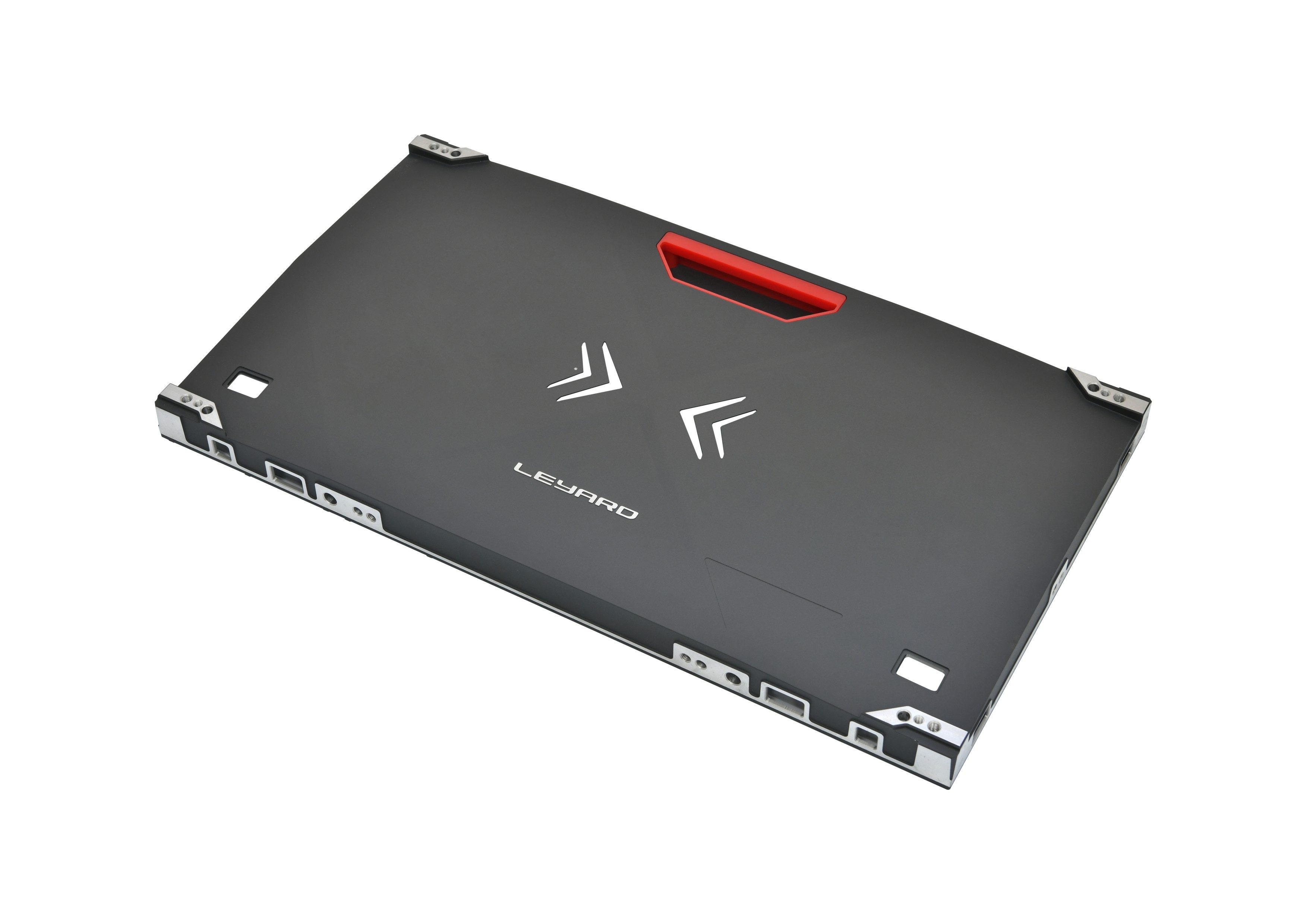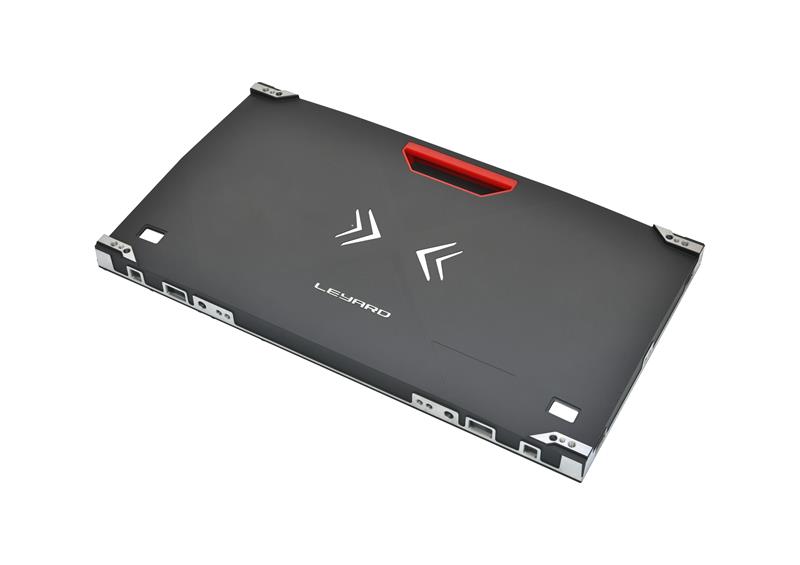

Our Custom Milled Parts are precision-engineered solutions designed for prototyping, small-batch development, and specialized applications. Leveraging advanced 3-axis, 4-axis, and 5-axis CNC machines, we provide high-accuracy milled parts that bring your designs to life quickly and cost-effectively.
Whether you are creating mechanical prototypes, fit-test components, or functional assemblies, our milled parts deliver consistent performance, geometric precision, and tight tolerances. With rapid turnaround capabilities, our services empower engineers, designers, and startups to accelerate product development without sacrificing quality.

Features
Our CNC milling capabilities achieve industry-leading precision with tolerances as tight as ±0.01mm (±0.0005"), ensuring perfect fitment for aerospace, medical devices, and other critical applications.
Through proprietary toolpath programming, our custom milled parts achieve surface finishes from Ra 0.2–0.8μm (8–32μin). Mirror finishes (Ra<8μin) are="" available="" for="" optical="" or="" highly="" polished="" components.="">
Equipped with high-rigidity tooling and 15,000+ RPM spindles, our machines reduce cycle times by up to 40% while maintaining dimensional stability. Acceleration rates exceed 2G for efficient material removal.
We can mill over 300 material grades including:
Aluminum 7075-T6 (82 ksi yield)
Titanium Grade 5 (6Al-4V)
Inconel 718 (HRC 45)
PEEK (continuous service up to 450°F)
Our 5-axis simultaneous machining can handle:
Micro-features down to 0.5mm
85° undercuts and true 3D contours
Thin walls as small as 0.010"
Internal cavities and multi-surface features
ISO 9001:2015 certified
AS9100 Rev D compliance
First-article inspection to PPAP Level 3
CMM verification with 0.0001" repeatability
Advantages
Rapid Turnaround: Functional prototypes in 3–5 business days for urgent design validation.
No Minimum Order Quantity: Perfect for single prototypes or small-batch runs.
Consistent Accuracy: Tight tolerances and surface finishes ensure high repeatability.
DFM Support: Our experienced engineering team provides free design-for-manufacturing feedback.
In-House Finishing: Optional anodizing, powder coating, or surface treatments for functional prototypes.
Scalable Production: Capable of scaling to higher volumes without compromising quality.
Our custom milled parts serve a wide variety of industries and applications:
Aerospace & Aviation: Structural brackets, housings, and airframe components.
Medical Devices: Surgical instruments, diagnostic housings, and implant prototypes.
Automotive & EV: Engine components, suspension parts, and test fixtures.
Robotics & Automation: End effectors, gears, and precision mounting brackets.
Electronics & Consumer Goods: Housings, heat sinks, and functional prototypes.
Maintenance & Handling Considerations
Handle milled parts with care to avoid scratches or deformation, especially for tight-tolerance components.
Clean with mild detergents and soft cloths; avoid abrasive tools.
Store in anti-static or padded containers to maintain surface finish.
Inspect critical dimensions before assembly using calipers or CMM, particularly for high-precision applications.
FAQ
Q1: What file formats do you accept for milling?
A: We accept STEP, IGES, STL, DXF, and DWG files for all custom milled parts.
Q2: What is the maximum part size you can machine?
A: Our CNC machines can handle parts up to 1000mm x 800mm x 400mm.
Q3: Can you handle single prototypes or very small batches?
A: Yes, our service supports low-volume runs starting from a single piece, ideal for prototyping or testing.
Q4: Which materials can you mill?
A: We work with aluminum, titanium, Inconel, PEEK, and 300+ additional alloys and polymers.
Q5: How fast can I receive my parts?
A: Typical lead times for custom milled parts are 3–5 business days for prototypes, depending on complexity.
Q6: Do you provide quality certification?
A: Yes, all parts come with full traceability, first-article inspection, and optional CMM reports.